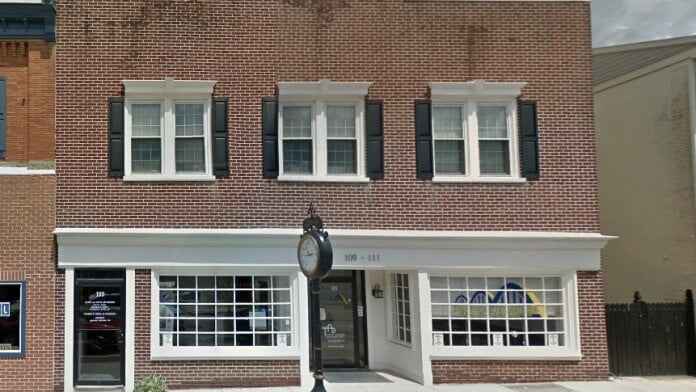About Project Chesapeake – Elkton
Project Chesapeake is a leading substance use recovery and mental health network in Maryland with 24 locations statewide including one in Elkton. Their recovery focused strategies promote lasting healing and sustained success that strengthen communities. Services at each location are provided by skilled and compassionate experts who offer tailored solutions for holistic healing. They’re CARF accredited and serve both adults and adolescents in recovery.
Project Chesapeake in Elkton is located on East Main Street in downtown Elkton. The facility also serves Newark via Elkton Road and Wilmington via Interstate 95. Both of these nearby cities are in Delaware. Folks from Baltimore also access care here.
Project Chesapeake’s outpatient program in Elkton helps adults and adolescents overcome substance use and mental health challenges via tailored therapeutic support. The program is particularly suitable if you’ve got a strong support network and seek flexible treatment for moderate to mild symptoms while living at your residence.
They offer both traditional outpatient and intensive outpatient programs for adults and adolescents in recovery. You’ll undergo a detailed intake assessment to help the care team determine what level of care will best suit your recovery needs.
They offer morning and evening sessions to fit your schedule so that you can maintain your family and work obligations while receiving care. The programs may also support people with co-occurring disorders using an integrated care model to take care of both addiction symptoms and mental health issues at the same time. This approach involves psychiatric care, including assessment and medication management alongside addiction therapy.
Project Chesapeake in Elkton also provides anger management and domestic violence classes that satisfy court-ordered requirements. This can be essential because anger or stress and domestic violence may lead to or result from substance use disorder. They also offer DUI/DWI education that helps offenders understand the risks of substance use and develop safer decision-making skills.
